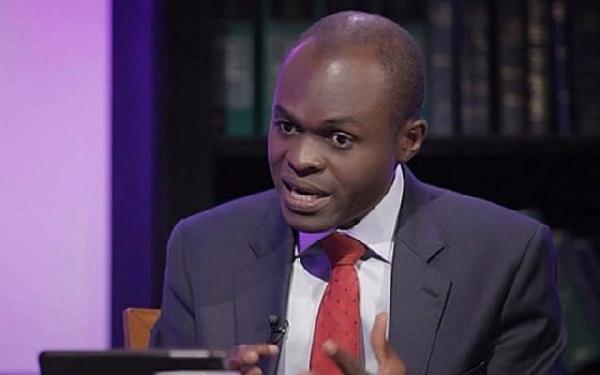Lawyer Martin Kpebu’s call for the abolition of in-camera hearings in Ghana’s judicial system stems from his belief that such proceedings are incompatible with the principles of transparency and accountability that underpin a thriving democracy. He argues that the practice, which shields legal proceedings from public scrutiny, is a relic of the past and no longer serves the interests of a nation that has evolved significantly in its democratic journey. Kpebu contends that the justification for in-camera hearings, primarily to protect sensitive information or vulnerable individuals, is outweighed by the need for public oversight, particularly in matters of judicial conduct.
In-camera hearings, often conducted in chambers away from the public and media, are designed to maintain confidentiality in certain legal matters. Historically, they have been used to protect the identities of minors, victims of sexual assault, or individuals involved in national security cases. They also provide a forum for sensitive discussions, negotiations, and preliminary rulings that might prejudice a case if conducted publicly. However, Kpebu argues that the veil of secrecy surrounding these hearings can be detrimental to public trust in the judiciary, especially when it involves matters of accountability within the judicial system itself.
Kpebu’s assertion that Ghana has “grown” and “evolved” as a people underscores his belief that the country’s democratic maturity necessitates a more open and transparent judicial system. He argues that the public has a right to witness the proceedings of judicial accountability, emphasizing that judges, once appointed, are public servants whose actions should be subject to public scrutiny. This transparency, he believes, is crucial for ensuring that justice is administered impartially and without undue influence or cover-ups. The secrecy surrounding in-camera hearings, in his view, creates an environment conducive to potential misconduct and erodes public confidence in the integrity of the judicial process.
The lawyer’s argument hinges on the principle of accountability, a cornerstone of any democratic society. He uses the example of a hypothetical scenario where a fellow lawyer, now a judge, is accused of wrongdoing. Kpebu questions why the public should be excluded from observing the proceedings related to such accusations. His point is that transparency in handling such matters not only ensures fairness but also demonstrates to the public that the judiciary holds its members accountable for their actions. This, in turn, strengthens public trust and reinforces the integrity of the judicial system.
Kpebu’s call for the abolition of in-camera hearings resonates with the ongoing discussion surrounding the proceedings involving Chief Justice Gertrude Esaaba Torkonoo. The Chief Justice, who was suspended in April following petitions for her removal, had initially expressed support for public hearings. This alignment with the principle of transparency, however, faced a legal challenge through an application filed before the Supreme Court, raising procedural concerns. While the application was subsequently dismissed, the case highlights the tension between the desire for transparency and the legal complexities surrounding such proceedings.
The debate surrounding in-camera hearings reflects a broader conversation about the balance between protecting individual rights and ensuring public accountability. While the need to safeguard sensitive information and vulnerable individuals remains a valid concern, Kpebu’s argument challenges the status quo, advocating for a more open and transparent judicial system. He contends that the evolution of Ghana’s democracy demands a shift towards greater public access to judicial proceedings, particularly in matters of judicial conduct and accountability. This shift, he believes, is essential for fostering public trust and strengthening the foundations of a just and equitable society.


